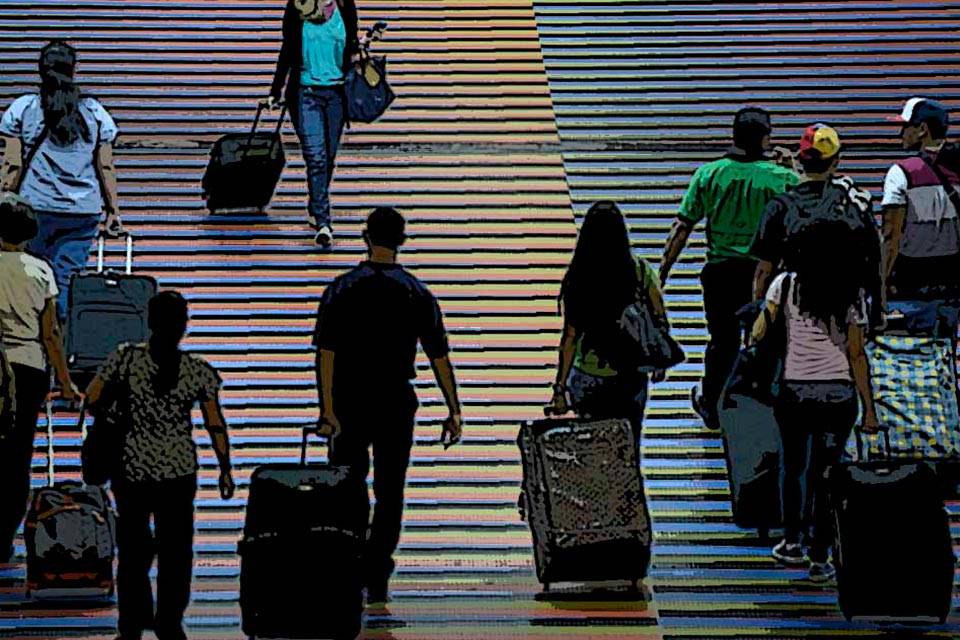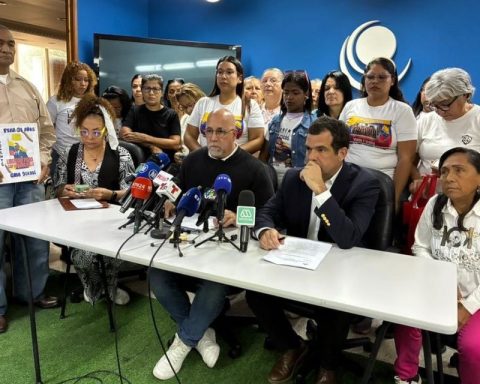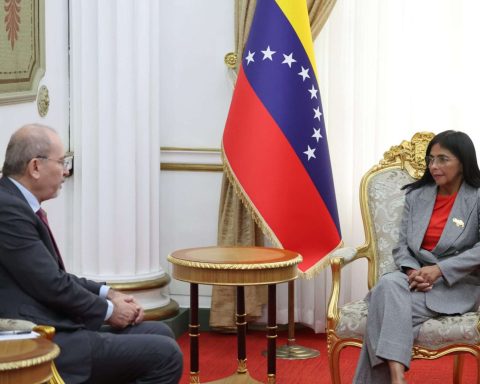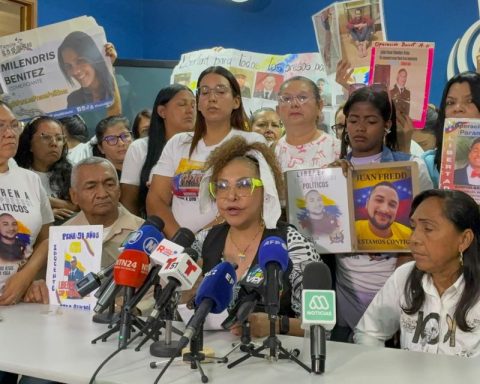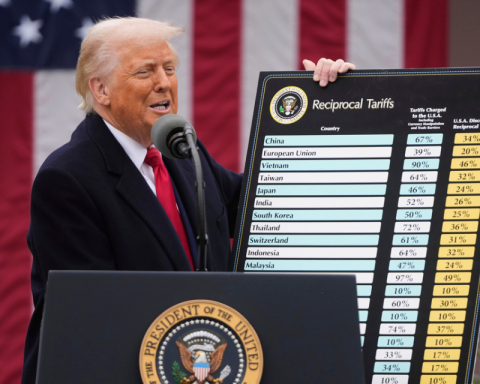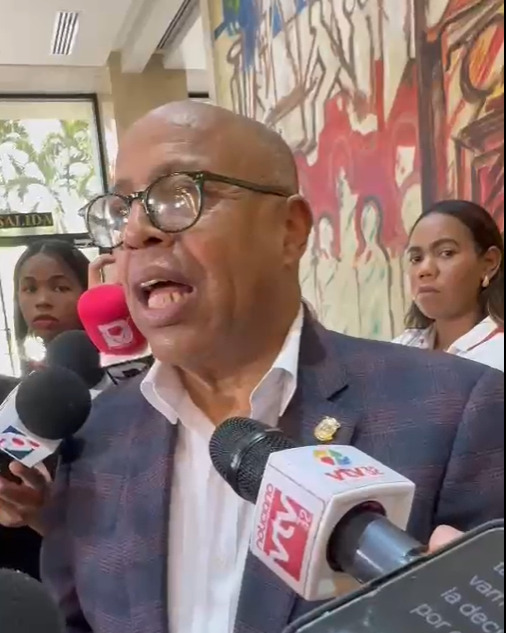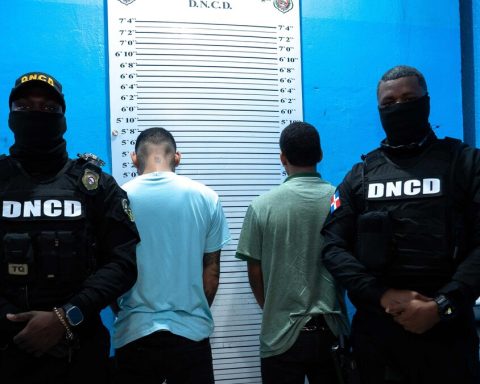Migratory status, reintegration into the workforce and restrictions on the practice of journalism are some of the topics covered in the study “Journalists in exile. Approach to the diaspora of the Venezuelan press”
85% of Venezuelan journalists in exile fled Venezuela due to restrictions on journalism within the country. This was announced by Edgar López, coordinator of the research “Journalists in exile. Approach to the diaspora of the Venezuelan press” in the CocuyoClaroAndRaspao as of this Thursday, July 22.
In the program hosted by Luz Mely Reyes and Xabier Coscojuela, director of Efecto Cocuyo and editorial member of SuchWhichrespectively. López explained that the documentation carried out in conjunction with the Press and Society Institute (IPYS), was created with the aim of creating a database of the Venezuelan press diaspora.
To do this, they used an open survey answered by 347 communication professionals outside the country, keeping identities and data safe to avoid long-term consequences in their destination countries.
The main finding has to do with the reason for the migration of journalists. 155 responded that their flight was due to restrictions on the practice of journalism in Venezuela, 47 because of the economic situation in the country, 43 hoping for a family reunion, and 23 people left due to insecurity.
The study also offers a definition for journalists in exile, conceptualizing them as “those professional social communicators who have been forced to flee abroad due to the worsening of the complex humanitarian emergency in the country, which is manifested in a widespread systematic violation of human rights and particularly in restrictions on the exercise of the profession in Venezuela resulting from the persecution of the independent press.”
Most of the respondents are between 25 and 34 years old and 63% fled between 2016 and 2020. “The years of hunger, of the greatest social conflict and of the consolidation of censorship mechanisms. In these years, the restrictions on the practice of journalism were extremely significant,” López highlights.
Contrary to the Venezuelan diaspora in general, the destination most chosen by these professionals is the United States (92 people), followed by Spain (56), Chile (44), Argentina, Peru, Mexico, Ecuador and Portugal.
And with respect to immigration status, the survey shows that 39.22% have a provisional identity document, 4.4% do not have an identity document, 6.07% are formally recognized in the country where they are located, and 22.65% have the nationality of the country where they are located.
López added that the vast majority of migrant journalists face a “precarious immigration situation in general and without a stable situation it is difficult for them to enter the labour market.”
In the face of this forced migration, the research highlights the level of difficulty in reintegrating into the labour market. 64% have a job in a field other than journalism, 45% have a permanent job in journalism and 21% have freelance work in journalism.
Watch the full interview by clicking here click here.
Post Views: 172
